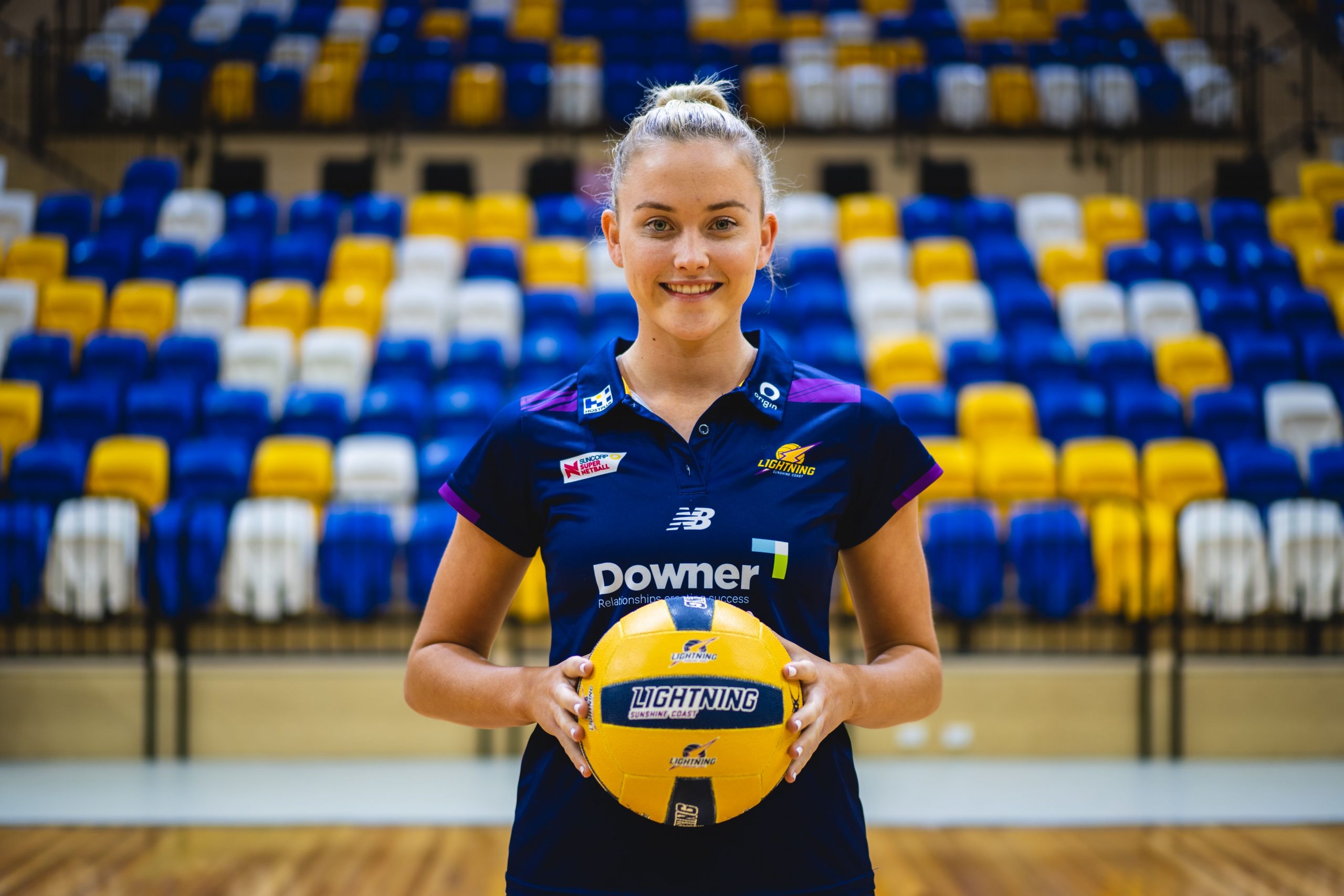FIJI had an incredibly memorable carnival, escaping Group A and being competitive in all bar two matches. Both the heavy losses came against the eventual finalists, with the other results being 16 goals or less. The Pearls defeated Zimbabwe and only just fell short of Tonga, while also storming to a massive win over Trinidad & Tobago.
Though Fiji technically only picked up the two wins in seven games, the Pearls won plenty of fans with their play and competitiveness. The playoffs victory over the Calypso Girls will be sure to be remembered for some time.
RESULTS
Group A: 3rd (1-2, -70 goal difference)
lost to Tonga by 5 goals (51-56)
defeated Zimbabwe by 4 goals (52-48)
lost to Australia by 69 goals (32-101)
Group F: 5th (0-5, -165 goal difference)
lost to Malawi by 14 goals (48-62)
lost to England by 61 goals (28-89)
lost to Scotland by 16 goals (46-62)
11th Placed Playoff:
defeated Trinidad & Tobago by 34 goals (71-37)
HIGHLIGHT
It is hard to go past the comprehensive smashing of one-time Netball World Cup winner Trinidad & Tobago by 34 goals. Winning all four quarters easily, Fiji stormed to a 71-goal performance and finished off the World Cup in style to finish 11th overall.
In that match, Unaisi Rauluni put up 36 goals from 41 attempts, while also picking up a team-high 17 goal assists. She had two gains, two intercepts and one rebound, while Maliana Rusivakula shot 18 goals from 22 attempts. In just 18 minutes, Lydia Panapasa finished off the win in style shooting 13 goals at 100 per cent. Experienced defensive duo Kelera Nawai-Caucau and Adi Vakaoca Bolakoro also starred and combined for nine intercepts, 17 gains, eight deflections and five rebounds.
STANDOUT PLAYER
Nawai-Caucau has experience in the ANZ Premiership, and it showed teaming up with Vakaoca Bolakoro. The pair provided a vital combination in the defensive goal circle, as Nawai-Caucau finished with 20 intercepts, 28 deflections and 16 defensive rebounds, team-highs in all three areas. Not only that, but she matched up on some quality opponents that will provide some lasting memories.
OTHERS
Bolakoro was the next best alongside Nawai-Caucau, and finished second in each of those key areas, picking up 12 intercepts, 18 deflections and five defensive rebounds. In attack, Rusivakula shot 171 goals to be the main target in the shooting circle, while Rauluni finished the tournament with 78. Panapasa, who came on as the relief shooter scored 31, with of course 13 of those coming in the playoff match.
SUMMARY
Fiji finished the Netball World Cup in 11th and aside from when facing the top two nations in the tournament, was competitive across each match. The Pearls head back home pleased with what they accomplished and their fans can be very proud of how much they pushed some of the top 10 nations in Cape Town.










